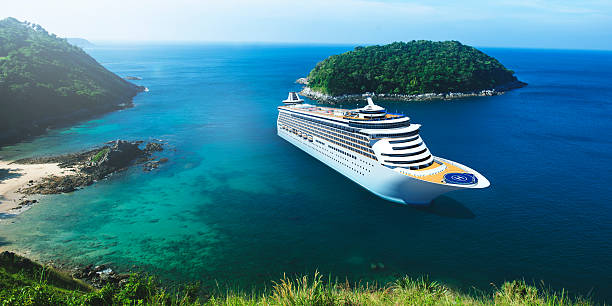Going net zero: how the cruise industry is charting a more sustainable future
Cruise companies are pursuing more efficient ships, alternative fuels, and digital technologies as they navigate towards net-zero carbon cruising by 2050.
In this edition of Focus, reporter Damon Embling visits the Italian coastal city of Genoa to find out how the cruise industry is mapping the sustainability course ahead.
Mario Zanetti, President of Genoa-based Costa Cruises, tells Damon about the challenges facing the industry as it targets net zero, including the role of the sector in helping to scale up alternatives to traditional marine fuels.
Last year, the MSC Euribia cruise ship completed what’s described as the industry’s first net-zero greenhouse gas emissions voyage. As many as 400 metric tons of bio-liquefied natural gas were bought in for the symbolic journey.
Damon also visits a laboratory run by the technology company Ecospray and the University of Genoa, where researchers are working on industrialising fuel cells, which could capture up to 90% of a cruise ship’s carbon emissions.
We hear from Marie-Caroline Laurent, director general in Europe for the Cruise Lines International Association (CLIA), who highlights the importance of shoreside electricity being installed for cruise ships to plug into. It enables vessels to cut their engines and their emissions while in port.
Dropping into Brussels, we look at the EU’s efforts to drive down emissions across the maritime sector. These include the Emissions Trading System (ETS), a scheme that puts a price on carbon emissions, and the FuelEU maritime initiative, which aims to gradually reduce dependence on traditional fuels from 2025 onwards.




